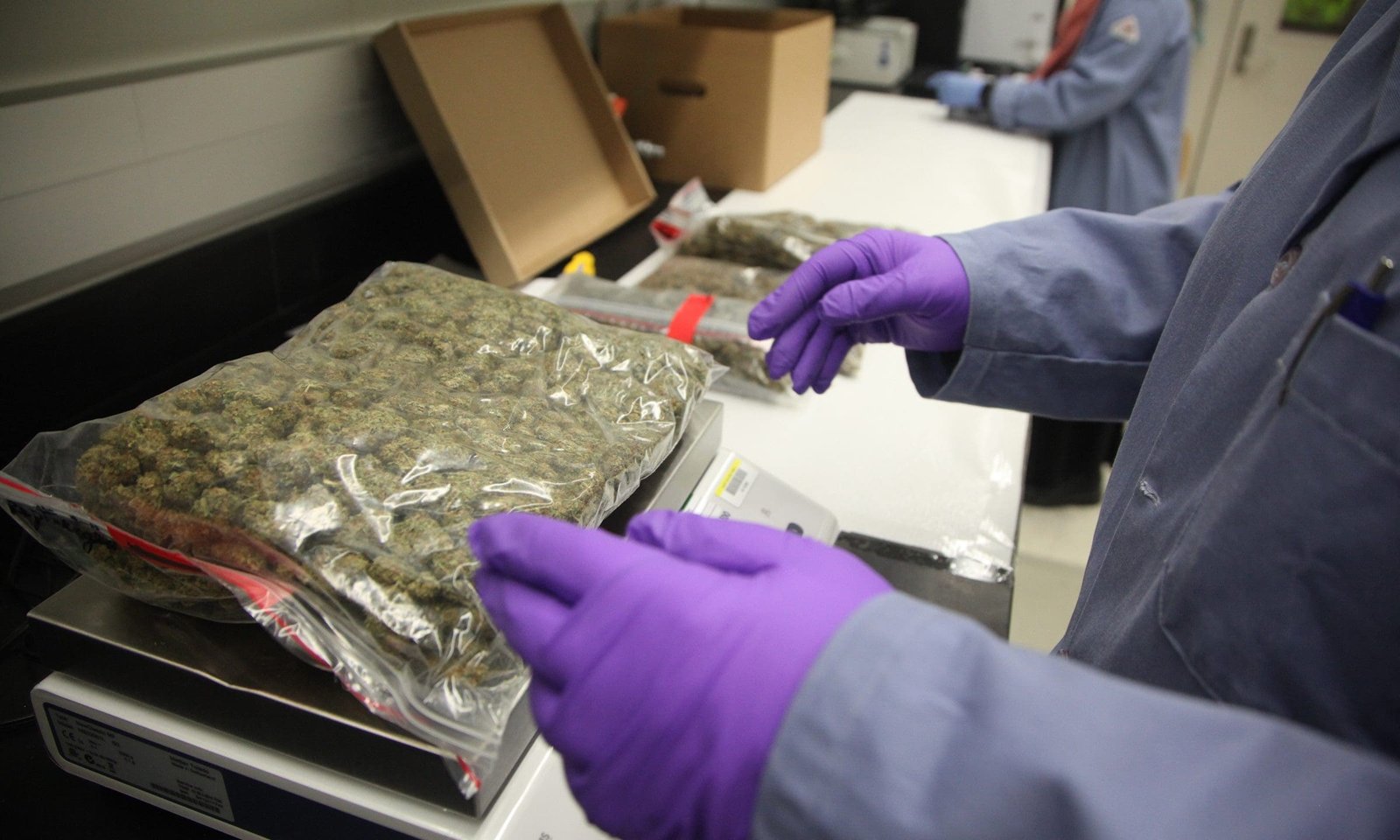Recent research published in Nature Mental Health reveals a concerning link between cannabis use disorder and various psychiatric disorders. The study indicates that individuals with cannabis use disorder may face a higher likelihood of developing several mental health issues, a finding that could guide public health strategies.
Marco Galimberti, an associate research scientist at Yale School of Medicine and the lead author of the study, highlights the dual nature of the relationship: not only does cannabis use disorder increase the risk of psychiatric conditions, but existing psychiatric disorders can also elevate the risk of developing cannabis use disorder.
According to the 2021 National Survey on Drug Use and Health, approximately 52.5 million Americans aged 12 and older have tried cannabis at least once. Research estimates that about 30% of these users may develop cannabis use disorder, which is characterized by a problematic pattern of use that leads to significant distress or impairment in daily functioning.
The study utilized previously published genome-wide association studies (GWAS) to explore the genetic connections between cannabis use disorder and various psychiatric disorders. GWAS examines millions of genetic markers to identify variations linked to specific diseases. In this analysis, researchers focused on cannabis use disorder and several major psychiatric traits, uncovering multiple bidirectional causal relationships.
Notably, previous studies had already established links between cannabis use disorder and conditions like schizophrenia and bipolar disorder. However, this new research is the first to demonstrate bidirectional relationships involving anxiety disorders, major depressive disorder, and post-traumatic stress disorder (PTSD).
Joel Gelernter, a senior author and professor of psychiatry, genetics, and neuroscience at Yale, emphasized the implications of these findings. He pointed out that while some suggest cannabis can be an effective treatment for conditions like PTSD, the data suggests otherwise. Over time, cannabis use appears more likely to contribute to the development of PTSD than to alleviate it. Gelernter stressed that robust scientific evidence is necessary to support any medical claims regarding cannabis, as clinical trials are currently lacking for many psychiatric conditions.
The findings from this study provide a factual basis for public health professionals to assess the risks and benefits of cannabis use among individuals with mental health disorders. As medical cannabis becomes more widely legalized, there is a growing trend among clinicians to prescribe it for a variety of disorders. However, Gelernter warns that this practice may not be advisable without solid evidence from randomized clinical trials to verify its efficacy as a treatment option.
This research was supported by the National Institutes of Health and Yale University, with additional funding from the Department of Veterans Affairs Office of Research and Development. The authors assert that their findings do not necessarily reflect the official views of the National Institutes of Health.




